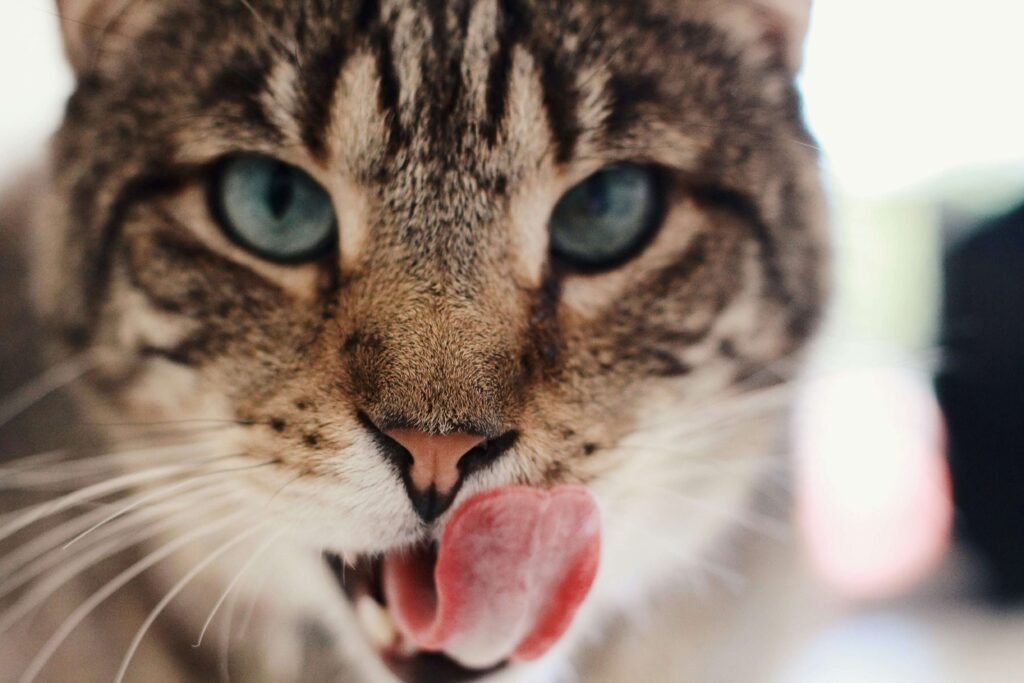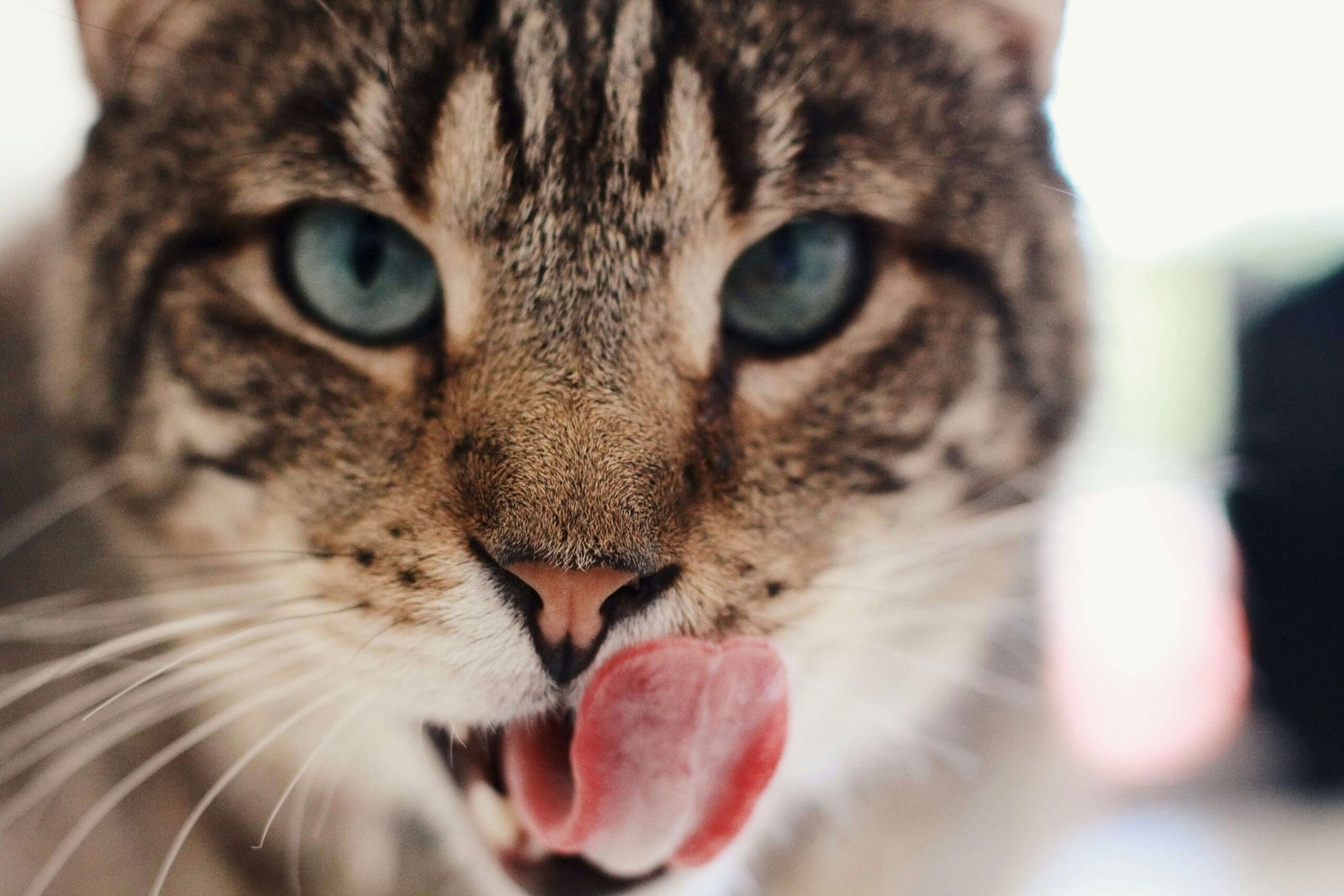Understanding Why Your Cat Hisses at Other Cats After a Vet Visit
Cats are fascinating creatures, known for their independence and unique personalities. However, even the most laid-back feline can exhibit unexpected behaviors after a trip to the vet. One common scenario that leaves many cat owners puzzled is when their cat hisses at another cat in the household following a veterinary appointment. This behavior may seem alarming at first glance, but it’s actually quite natural and rooted in your cat’s instincts. In this blog post, we’ll explore why this happens, how you can address it, and what steps you can take to restore harmony in your multi-cat home.
Why Does My Cat Hiss After Visiting the Vet?
When your cat returns home from the vet, they might behave differently due to various factors. Understanding these triggers can help you manage the situation more effectively. Below are some reasons why your cat might react aggressively toward other cats after a vet visit:
Stress and Anxiety : The vet visit itself can be overwhelming for cats, leading to heightened stress levels.
Unfamiliar Scents : Cats rely heavily on their sense of smell. A vet visit often leaves them smelling different, which can confuse or alarm other cats.
Pain or Discomfort : If your cat is experiencing pain or discomfort after medical treatment, they may become defensive or irritable.
Territorial Instincts : Cats are territorial by nature. Feeling vulnerable after a vet visit can amplify their need to assert dominance.
Overstimulation : Being handled and examined by strangers can leave your cat overstimulated and prone to defensive reactions.
These factors combined can explain why your cat feels the need to hiss at others upon returning home. Recognizing these signs early can help you mitigate tension between your pets.
How Can You Help Reduce Stress Before and After a Vet Visit?
Managing your cat’s stress levels before and after a vet appointment is crucial to preventing unwanted behaviors like hissing. Here are practical steps you can take:
Prepare Ahead of Time : Familiarize your cat with their carrier by leaving it out and making it a comfortable space.
Use Calming Products : Consider using pheromone sprays or diffusers designed to soothe anxious cats.
Limit Food Before Travel : Reducing food intake a few hours before the trip can prevent nausea during travel.
Stay Calm Yourself : Cats pick up on their owner’s emotions. Remaining calm can help keep your pet relaxed.
Create a Safe Space : Set aside an area where your cat can retreat and decompress once they return home.
By implementing these strategies, you can significantly reduce your cat’s stress and minimize negative interactions with other household cats.
Check this guide 👉How to Stop My Cat from Bullying My Other Cat: Best 7 Tips!
Check this guide 👉Why Is My Cat Crying Tears? Best 7 Health Tips!

Tips for Managing Post-Vet Behavior | Benefits of These Actions |
|---|---|
Gradually reintroduce cats to each other | Prevents escalation of conflict |
Use positive reinforcement (treats, praise) | Builds trust between cats |
Keep routines consistent | Provides stability and comfort |
Monitor body language closely | Helps identify potential issues early |
Provide separate feeding areas | Reduces competition and tension |
What Should You Do If Your Cat Hisses at Another Cat?
If your cat starts hissing at another feline after coming back from the vet, don’t panic. There are several ways to handle the situation calmly and constructively:
Separate the Cats Temporarily : Allow both cats time to cool down in separate spaces.
Reintroduce Slowly : Start with short, supervised interactions to rebuild familiarity.
Avoid Punishment : Never scold or punish your cat for hissing; this will only increase their anxiety.
Offer Distractions : Toys or treats can redirect focus and ease tension.
Consult a Professional : If aggression persists, seek guidance from a veterinarian or animal behaviorist.
Handling the situation patiently and methodically can restore peace in your home and strengthen the bond between your cats.
Signs That Indicate Your Cat Is Still Stressed
Even after taking measures to reduce stress, it’s important to monitor your cat for ongoing signs of distress. Look out for the following indicators:
Excessive Grooming : Over-grooming can signal anxiety or discomfort.
Hiding More Than Usual : Cats often hide when they feel unsafe or overwhelmed.
Changes in Appetite : Loss of appetite or overeating can indicate unresolved stress.
Aggressive Behavior : Persistent growling, swatting, or biting suggests lingering tension.
Vocalization Changes : Increased meowing or unusual sounds may reflect emotional distress.
Addressing these signs promptly ensures your cat feels secure and supported as they adjust back to normal life.
Signs Your Cat Feels Threatened
Cats communicate their feelings through body language and vocalizations. If your cat hisses at another cat after a vet visit, it’s likely because they feel threatened or uneasy. Here are some signs that indicate your cat is feeling defensive:
Flattened Ears : When a cat pins their ears back, it signals fear or aggression.
Puffed-Up Tail : A tail that looks like a bottle brush indicates your cat is trying to appear larger and more intimidating.
Dilated Pupils : Wide eyes with large pupils suggest heightened alertness or anxiety.
Hunched Posture : A crouched stance often means your cat is preparing to defend itself.
Growling or Snarling : Vocal warnings accompany physical signs when a cat feels cornered.
Recognizing these cues can help you intervene before the situation escalates, ensuring both cats feel safe and secure.
Ways to Rebuild Trust Between Cats
Restoring trust between cats after a stressful event like a vet visit requires patience and consistency. Here are some steps you can take to encourage positive interactions:
Swap Scents : Rub a cloth on one cat and let the other sniff it to reintroduce familiar smells.
Feed Them Together (at a Distance) : Place food bowls far apart initially, then gradually bring them closer over time.
Engage in Play : Use interactive toys to create fun moments that distract from tension.
Reward Calm Behavior : Offer treats or praise when both cats remain calm around each other.
Supervise Interactions : Keep a close eye during shared spaces to prevent conflicts.
By fostering positive experiences, you can help rebuild the bond between your cats and reduce future incidents of hissing.
Preventing Future Vet-Related Stress
While vet visits are unavoidable, there are proactive steps you can take to minimize stress for your cat. This preparation can also reduce the likelihood of post-visit conflicts at home:
Choose a Cat-Friendly Vet : Look for clinics that prioritize feline comfort and have separate waiting areas for cats and dogs.
Practice Car Rides : Take short, low-stress trips in the car to get your cat accustomed to travel.
Bring Comfort Items : Include a favorite blanket or toy in the carrier to provide a sense of security.
Schedule Regular Check-Ups : Routine visits reduce the chance of unexpected health issues requiring urgent care.
Stay Positive Yourself : Your calm demeanor will reassure your cat and make the experience less daunting.
Taking these precautions not only benefits your cat’s well-being but also strengthens your relationship, making future vet visits smoother for everyone involved.
Frequently Asked Questions About Cat Hissing After Vet Visits
Is it normal for my cat to hiss at another cat after visiting the vet?
Yes, this behavior is common and usually stems from stress or unfamiliar scents.
How long does it typically take for cats to settle down after a vet visit?
Most cats adjust within a day or two, but severe cases may require up to a week.
Should I punish my cat for hissing?
No, punishment can worsen stress and damage your relationship with your pet.
Can I use calming supplements for my cat?
Yes, consult your vet about safe options tailored to your cat’s needs.
What if the hissing escalates into fights?
Separate the cats immediately and consider professional behavioral advice.
Restoring Harmony in Your Multi-Cat Household
Dealing with a cat who hisses at another after a vet visit can be challenging, but understanding the underlying causes makes it easier to navigate. By reducing stress, creating a safe environment, and addressing conflicts patiently, you can help your cats coexist peacefully again. Remember, every cat is unique, so tailor your approach to suit their individual needs. With time, love, and care, your furry friends will soon return to their usual harmonious dynamic.
Canned Pumpkin for Cat Diarrhea: Best 7 Expert Tips! Natural remedy to firm stools, soothe upset bellies, and support gut health safely.
Can a Cat Give You Scabies? Best 7 Expert Tips! Discover the truth about feline mites, human skin risks, and how to protect yourself—without panic.
Cat Flea vs Human Flea: Best 7 Expert Tips! Discover the truth about bites, species, and how to eliminate infestations for good.
Weird Cat Behaviors: Best 7 Expert Tips! Discover why cats do strange things—and how to understand, not punish, their instincts for a happier home.





